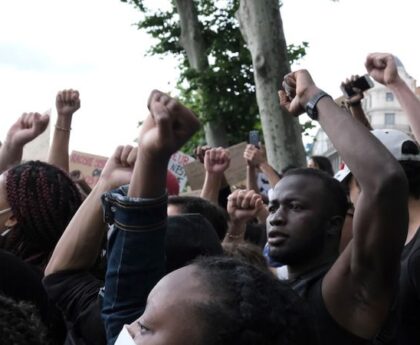Unmasking the Integral Role of Hardeep Nijjar in the Conspiracy of the Khalistan Movement
An Introduction to the Khalistan Movement
The Khalistan Movement, a secessionist movement that emerged in the 1970s, seeks to establish an independent Sikh state called Khalistan in the Punjab region of northwestern India. It gained momentum during its peak in the 1980s and early 1990s but has since been largely contained due to robust security measures. However, recent developments have brought attention back to this movement, notably the integral role of Hardeep Nijjar, a prominent figure in the Khalistan movement.
Unmasking Hardeep Nijjar
Hardeep Nijjar, a Canadian national of Indian origin, has come under intense scrutiny for his alleged involvement in supporting and financing the Khalistan movement. Nijjar is believed to have played a key role in organizing and funding various activities aimed at destabilizing India and promoting an independent Sikh state.
Connections to Extremist Groups
Nijjar’s association with extremist Sikh groups has raised concerns among security agencies. Reports suggest his involvement with Babbar Khalsa International, a designated terrorist organization responsible for numerous violent acts in pursuit of Khalistan. These acts include bombings, assassinations, and targeted killings. Nijjar’s alleged involvement underscores the seriousness of the threat that the Khalistan movement poses to peace and stability in India.
Fundraising and Recruitment Activities
Nijjar is also suspected of being involved in fundraising and recruitment activities for the Khalistan movement. It is believed that he has used various means, including social media platforms, to disseminate propaganda and raise funds for Khalistani causes. His ability to connect with like-minded individuals and garner support has contributed to the movement’s longevity.
The Ethical Dimension
The existence of any secessionist movement raises complex ethical questions. While individuals have the right to voice their grievances and seek self-determination, the pursuit of these goals through violence and terrorism is both morally and legally problematic. The Khalistan movement, along with Nijjar’s alleged role within it, has been marred by acts of violence and intimidation, challenging the credibility of its claims.
Resolving Conflict Peacefully
The promotion of peace and dialogue must be the cornerstone of any resolution to the Khalistan issue. Governments and organizations must prioritize open and inclusive discussions to understand the concerns of the Sikh community and work towards finding mutually acceptable solutions. A peaceful resolution that addresses the legitimate grievances of the Sikh community within the framework of a united and pluralistic India should be pursued.
Countering Extremism
Addressing the rise of extremist movements necessitates a multifaceted approach. Governments must actively collaborate with security agencies to monitor and dismantle networks supporting violent ideologies. In addition, promoting education, economic opportunities, and social integration can help address the root causes that fuel extremist sentiment. By doing so, we can create an environment that promotes pluralism and inclusivity instead of fostering extremism.
Conclusion
The unmasking of Hardeep Nijjar’s alleged integral role in the Khalistan movement sheds light on a complex issue that continues to challenge peace and stability in India. The ethical dimensions surrounding secessionist movements require careful navigation, recognizing the legitimate grievances of communities while firmly rejecting violence and extremism. By fostering dialogue, understanding, and inclusive development, stakeholders can work towards resolving conflict peacefully and preventing the perpetuation of extremist ideologies.

<< photo by Francesco Ungaro >>
The image is for illustrative purposes only and does not depict the actual situation.




